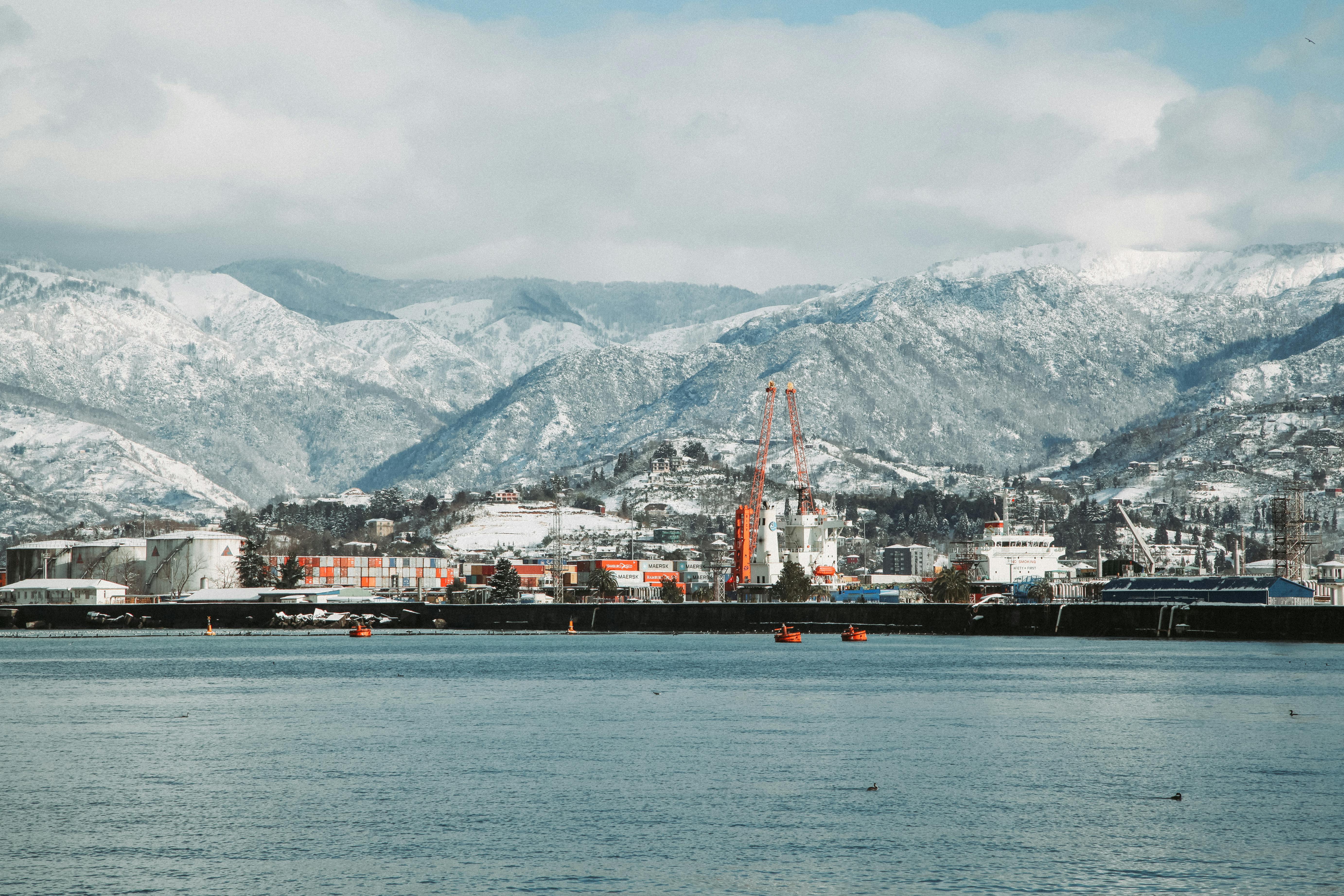North Sea Oil And Gas Sector Warns Against Labour's Proposed Tax Increase

London, UK – June 18, 2024 – The UK Labour Party’s proposal to increase taxes on North Sea oil and gas production has been met with strong opposition from industry producers. The tax hike, included in Labour's manifesto, aims to generate revenue for the government and support the transition to renewable energy. However, the oil and gas sector warns that the policy could significantly reduce investment in the region.
Background
Labour’s manifesto pledge outlines a plan to increase taxes on North Sea oil and gas operations. The primary objectives of this proposed tax are to raise additional government revenue and fund initiatives that support the transition to renewable energy. The party views this measure as essential for accelerating the UK's shift away from fossil fuels and addressing climate change.
Industry Concerns
The oil and gas industry has expressed significant concerns about the potential impact of the proposed tax increase. Producers argue that higher taxes would make the North Sea less attractive for investment, leading to a decline in production and potential job losses. The Oil and Gas UK (OGUK) has highlighted that the added financial burden could deter companies from pursuing new projects in the region.
Industry leaders fear that the increased tax could undermine the competitiveness of the UK’s oil and gas sector. They warn that investors might shift their focus to regions with more favorable fiscal regimes, resulting in a loss of investment and expertise.
Economic Implications
The proposed tax hike could have far-reaching economic implications for the UK. If investment moves away from the North Sea, the country could face reduced domestic energy production, impacting energy security. Additionally, the long-term effects on the UK’s energy market could be significant, with potential increases in energy costs and a decrease in energy independence.
The global energy market is highly competitive, and the UK’s position could be weakened if the proposed tax drives investment to other regions. Maintaining a favorable investment environment is crucial for ensuring the sustainability and growth of the UK’s energy sector.
Labour's Justification
Labour justifies the proposed tax increase by emphasizing the need to fund the UK’s climate goals and reduce reliance on fossil fuels. The party argues that substantial investment in renewable energy is necessary to ensure a sustainable future. According to Labour, the revenue generated from the tax would be directed towards green initiatives that promote clean energy and reduce carbon emissions.
Labour leaders maintain that the tax is a vital step towards meeting international climate commitments and protecting the environment for future generations.
Call for a Balanced Approach
The oil and gas industry insists on a gradual transition to renewable energy to avoid economic disruption. Industry representatives argue that a balanced approach is essential, one that supports both environmental objectives and the economic contributions of the oil and gas sector. They call for a collaborative effort to design policies that achieve climate goals without harming the sector's viability.
Supporting workers and communities dependent on the oil and gas industry is another critical concern. A sudden shift in policy could lead to job losses and economic instability in regions reliant on oil and gas operations.
Conclusion
The UK Labour Party's proposed tax increase on North Sea oil and gas production has sparked significant concern within the industry. While the tax aims to fund the transition to renewable energy and address climate change, the potential economic repercussions cannot be ignored. A balanced strategy that considers both environmental and economic objectives is crucial for ensuring a sustainable and prosperous future for the UK’s energy sector. The need for collaboration between the government and industry stakeholders has never been more important to achieve a just and effective transition to a low-carbon economy.
Author: Ricardo Goulart
Copper's Comeback: Inside BHP And Lundin's Argentine Asset Acquisition
Copper, often dubbed "the metal of electrification," is experiencing a resurgence in demand due to its critical role in ... Read more
Revitalizing Commodities: How Clean Energy Is Breathing New Life Into A Stagnant Market
The commodities market, traditionally a cornerstone of investment portfolios, has experienced a decade of stagnation. Ho... Read more
European Airports Disrupted By Escalating Climate Protests
Climate activists have escalated their protests at European airports, blocking runways and causing flight disruptions in... Read more
Hungary's Russian Oil Dilemma: Why Brussels Is Cautious In Offering Support
Hungary's reliance on Russian oil has led it to seek support from Brussels to ensure continued access to this crucial en... Read more
Unveiling China's Secret Commodity Stockpiles: What Lies Ahead?
Xi Jinping's extensive reserves of grain, natural gas, and oil hint at future challenges.In a move shrouded in secrecy, ... Read more
Copper Miners Brace For Industry Overhaul As End Users Seek Direct Deals
The copper mining industry is bracing for a significant overhaul as end users, including cable manufacturers and car com... Read more

